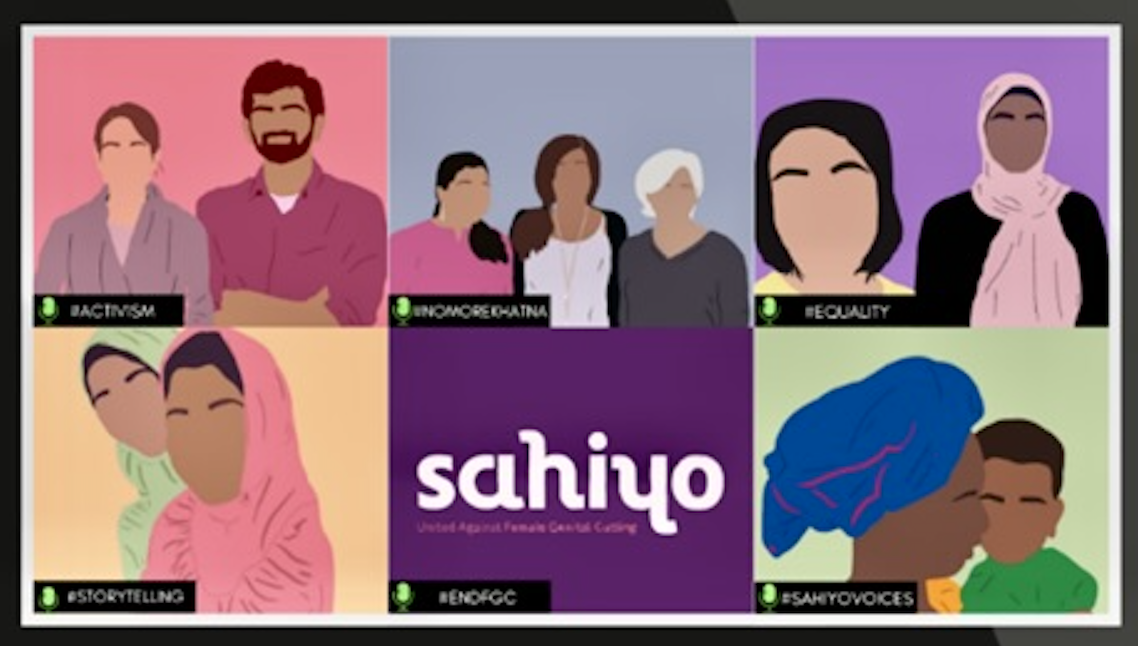In September 2023, activists, survivors of female genital cutting (FGC), and community members from the Bohra community came from all over the U.S. to gather in-person at Sahiyo’s 6th annual Activists Retreat. This three-day affair, in Atlanta, Georgia, brought together individuals belonging to the Bohra community to deepen relationships with one another, increase knowledge on FGC, and gain tools on how to advocate against FGC. This year, as in the past, the Retreat was filled with presentations, educational videos, group discussions, action planning sessions, and self-care activities.
During the Retreat, survivors and community members were able to reflect on their personal experiences and connection with FGC in a safe and supportive environment, explore advocacy strategies, and discuss challenges they face in trying to discuss FGC.
Having recently joined Sahiyo in August 2023 as their Community Engagement Coordinator, this was my first time attending the Activists Retreat. Although I assisted Sahiyo staff and volunteers to prepare educational materials in the weeks leading up to the retreat, I arrived in Atlanta not knowing what to expect from the attendees at the retreat.
To say that the three days I spent with other activists in Atlanta were humbling and inspiring would be an understatement. While I had read academic papers and participated in discussions about FGC in class settings during graduate school, I had little knowledge about the prevalence of FGC within Bohra diaspora communities in the U.S -- something I developed an in-depth understanding of from the presentations and survivor testimonies at the retreat. Listening to survivors who were Bohra recount their experiences with FGC, and other Bohra activists at the retreat reaffirmed to me the significance of community-led movements. I noticed that the activists, from various age groups and diverse personal and professional backgrounds were able to comfortably share their experiences of FGC and anti-FGC activism in a safe space–one that was void of ‘othering’ or Islamophobic narratives that are often invoked by human rights organizations when communities of color discuss gender-based violence.
It was promising to see that the activists, despite their personal and professional commitments, took out time to be with other like-minded individuals to learn, and restrategize how to best address FGC within their communities to achieve lasting results. Together, we participated in workshops, engaged in difficult but important conversations, which were followed by self-care activities like journaling exercises or yoga at the patio that allowed us to unwind and relax.
We concluded this year’s Activists Retreat with individualized and group action plans to improve anti-FGC advocacy efforts and left with renewed commitments for our cause. As Sahiyo develops our Activists Retreat program in the future we hope to expand this program to other communities impacted by FGC.

